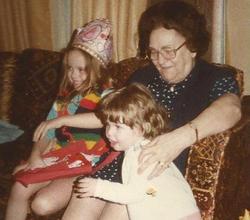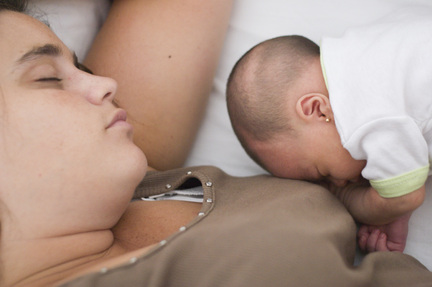|
When I became a mother for the first time, I was initiated very quickly into how difficult parenting can be. I had no idea prior to experiencing it firsthand. Now, having three children and working with mothers regularly, I can definitely say that it hasn't gotten easier. I believe that most parents would say the work of parenting is exhausting and emotionally draining. Yes, I said it. Parenting is not all laughter and sunshine. Admitting this seems to be very taboo in our culture, and parents who do admit it or ask for help can be made to feel guilty for feeling the heaviness of the calling of parenthood even by the most well meaning of people. As a new mother and multiple times since, I have been given the phrase "this too shall pass" or some form thereof when reaching out for advice or solutions to real parenting issues. I have come to notice as a birth professional that many parents are also being given this phrase when reaching out on parenting forums, Facebook, or even in person. I have to confess. I, too, have said this to many mothers and fathers. However, as of today, I vow to not use this phrase any longer. I also will not remind parents that this stage is but a moment in their life and one day they may wish they had it back. Why? I no longer believe it is appropriate. As well meaning as we might be when we offer this "consolation", in reality I think it is a cop-out for offering real commiseration, advice, or tangible help to parents who have braved the possibility of ridicule and embarrassment to publicly ask their community for assistance in this sacred calling. It is in a very real way another way of saying that right now - the feelings, the worry, the tiredness, the confusion - is not important, but trivial. That the immediacy and the ache of right now doesn't matter as much as the fact that it will pass. If they can just hang on, this stage will be over. Add to that the caveat that this parent may wish themselves back to this place as an older person, and you are inadvertently placing guilt upon the shoulders of a mother or father who is asking for support, help, or solutions. This guilt can grow into the fear of seeking out the experience or time of others in their parenting journey because somehow it means that they couldn't "let go" or "hang in there". Somehow, they have failed at that which others have come through as a rite of passage. I have come to believe that this response is actually a failure to those who are in the throes of parenthood, who have done exactly what they should have done in seeking our awareness of the state they are experiencing.  Parenting in our culture has become increasingly isolating. With nuclear families and very insular ways of being, we have lost the communities of loving related or close adults that were once involved in the raising of children. Here in Appalachia many of us grew up running the "hollers" all day long with siblings, cousins, and close family friends as each household of adults watched out for our well being. In a time, not so very long ago, we resided in multi-generational households where those retired and more experienced folks could lend a hand in child rearing. Now, parents are largely expected to go it alone as we have spread out and lost touch. Mothers and fathers hold down jobs, keep their home repaired and cleaned, and raise children with not enough hours in the day. So many of them are giving from empty wells without the opportunity for the self care necessary to offer their very best at parenting or their work. This is failing our children. It is failing our society.
So, what can we do instead of offering the "hang in there" we have all offered to parents in all forms of distress.
I challenge everyone of us to no longer use the phrase "this too shall pass" in the context of sharing it with a parent who is hoping for tangible help. Instead, reach out with something that you can do to show them that you appreciate their effort in parenting the next generation. Acknowledge their effort, and congratulate their accomplishments. For more information on what modern parenting can be like for many see - The Trauma of Parenthood by Eli J. Finkel in the NYTimes.
2 Comments
|
AuthorKelli Hansel Haywood is the mother of three daughters living in the mountains of southeastern Kentucky. She is a writer, weightlifter, yoga and movement instructor, chakra reader, and Reiki practitioner. Categories
All
Archives
September 2021
|


 RSS Feed
RSS Feed